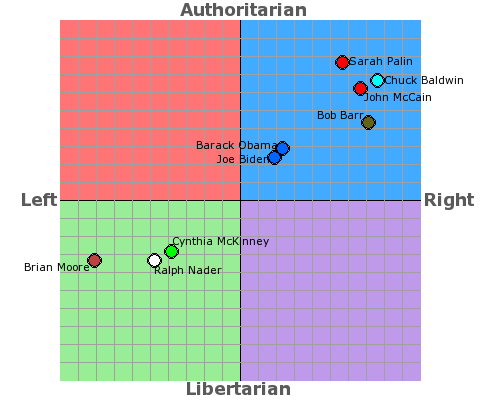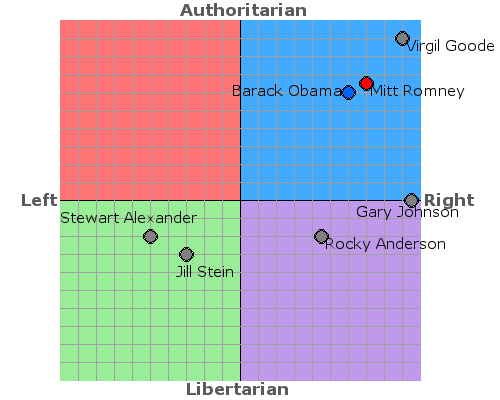Conservatism was authoritarian long before that. Think slavery, Jim Crow, many other examples.
Conservative Democrats who were far more authoritarian had largely different views than conservative Republicans until the Civil Rights movement. They actually despised each other to a great extent until they decided to join forces to create a new right-wing authoritarian America. Back then, a Republican couldn't get elected in the South due to repercussions from carpetbagging after the Civil War.
I'm sure you have heard of the Southern Strategy. That is when the Republican Party started becoming much more right wing and authoritarian than it was previously. That is when they joined forces with all the Southern racists who left the party due to civil rights and equal rights becoming planks of the Democratic Party. There was some Republicans before then who were authoritarian like Joseph McCarthy. But many of them held essentially the same sort of views that modern Democrats do.
That is also when the Republican Party completely transitioned from being federalists, as they were in the past, to become states rights advocates. They knew that their new Southern voters demanded it.The opposite occurred in the Democratic Party. Without all the Southern racism baggage and their new advocacy of human rights which wasn't even possible before, combined with the effect the Vietnam War had on many Americans, they could consolidate the more liberal and federalist Northern positions to make it a permanent part of their political platform. Conversely, the Korean War and the Vietnam War had the opposite effect on many conservatives. They really started believing all the domino theory nonsense and thought that the US and Western Europe were in grave peril from the Soviet menace.
It was Eisenhower who tried to warn America what was happening, not a Democrat. He knew that we were on a path to far greater right-wing authoritarianism due to the red scare being perpetuated by the military-industrial complex.
"God help this country when someone sits in this chair who doesn't know the military as well as I do." Dwight Eisenhower
And he was right. We were hoodwinked into giving up our democratic ideals for authoritarian "safety". And we have been doing so every since, as the country goes farther and farther to the right and becomes more and more authoritarian out of irrational fear.
In order to pick up votes, candidates have conglomerate-added random garbage to their party lines. What I don't understand is why democrats and republicans don't pull more "betrayals" on specific issues. Lobbyists aren't so uniform, and I find it difficult to believe that a staunch right-wing voter would back a democrat over a republican that suddenly swung left on, say, domestic social issues and foreign policies while otherwise holding the republican party line, same for a democrat who could pocket different interest groups from usual and attempt to attract people with a more right-leaning economic policy sell or stance on energy. My suspicion is that either my perception on how voters would react is incorrect, or that these candidates have incentive structures such that winning isn't a huge priority, though I understand that primary filtering (and filtering before candidates even reach that point) plays a large role too.
That is because it is primarily intended to attract independents instead of members of the other party. Usually, the only time there is a transition in voting from one party to the other is when there is a major event, such as Obama running for president. A number of white Democrats voted for McCain instead. Conversely some black Republicans did the opposite. And it is invariably the ones who are closest to the other party. I seriously doubt many liberal whites voted for McCain because Obama was white, and vice versa.
Otherwise, all the RINO talk is just scare tactics and rhetoric. Of course, they are still going to vote for the more conservative candidate, regardless if he has some principles which conflict with their silly loyalty oaths.
Still, what's to stop a candidate reaching the largest stage from saying "on x issue, I read the following studies and have come to the conclusion that it is best for me to adjust my stance", conveniently shifting towards a moderate stance? If admitting one is wrong or changing stance based on soundly-backed criteria is political suicide, I'll take that as strong evidence that the whole thing is a farce.
They all read the polls and adjust their rhetoric accordingly. At least the ones who want to win do.
Take Obama, for example. He was far more moderate and not nearly as authoritarian prior to running for reelection.
I doubt there has ever been that great of a change in a president between terms.

 .
.
